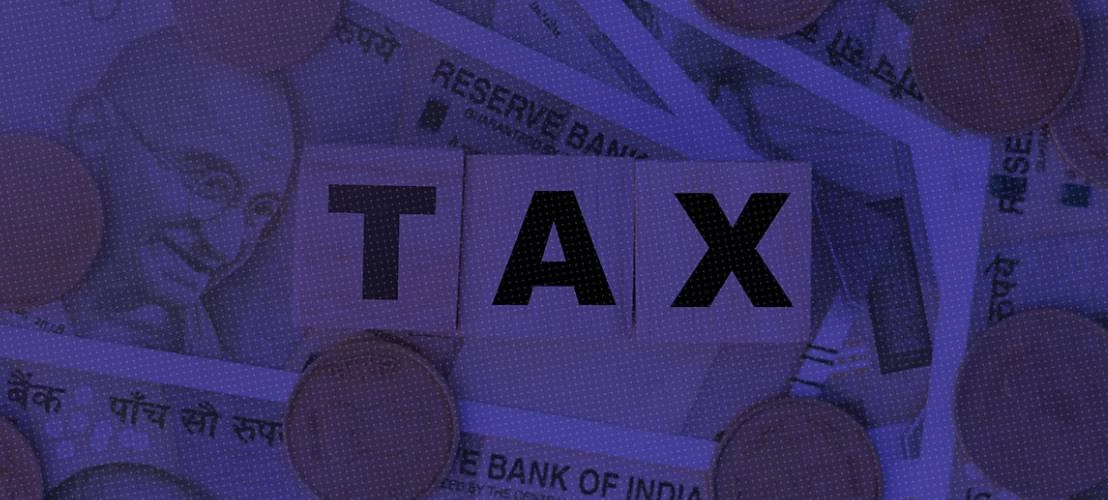The Supreme Court of India has rejected the contention which sought to narrowly define operational debt and operational creditors under the Insolvency and Bankruptcy Code, 2016 to only include those who supply goods or services to a corporate debtor and exclude those who receive goods or services from the corporate debtor.
The Court noted that a demand notice for an operational debt by an operational creditor does not necessarily need to be accompanied by an invoice, but it may be sent where such debt arises under a ‘provision of law, contract or other document’.
It held that the phrase ‘in respect of’ in Section 5(21) of IBC must be interpreted in a broad and purposive manner in order to include all those who provide or receive operational services from the corporate debtor, which ultimately lead to an operational debt.
The Apex Court in its Judgement dated 4 February was hence of the view that that a debt arising out of advance payment made to a corporate debtor for supply of goods or services would be considered as an operational debt.
Reliance in this regard was placed on Section 8(1) of the IBC read with Rule 5(1) and Form 3 of the Insolvency and Bankruptcy (Application to Adjudicating Authority) Rules 2016. Regulations 7(2)(b)(i) and (ii) of the IBBI (Insolvency Resolution Process for Corporate Persons) Regulations 2016 was also relied upon.
The appellant in Consolidated Construction Consortium Limited v. Hitro Energy Solutions Private Limited had sought an operational service from the respondents when it contracted with them for the supply of light fittings. The contract was subsequently terminated but the respondent nonetheless encashed the cheque for advance payment.







